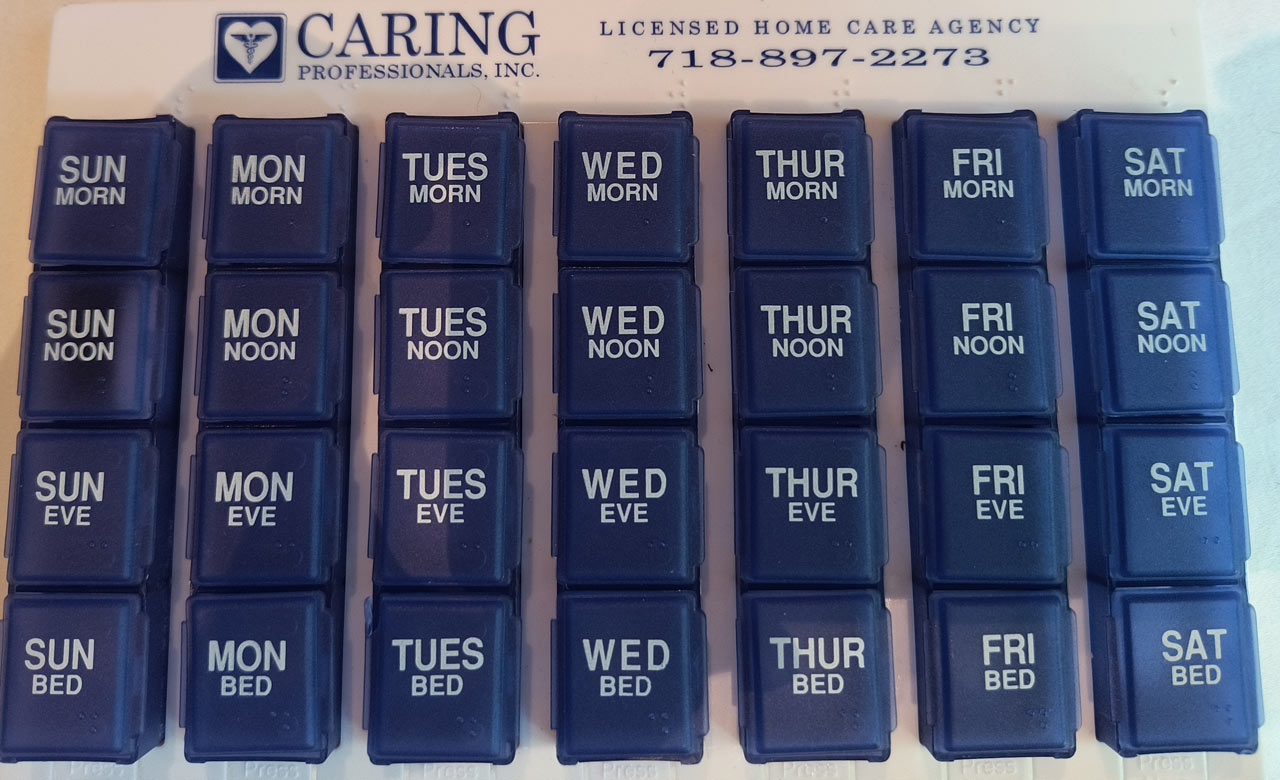Why National Home Care and Hospice Month Matters
During the month of November, the home care and hospice community honors the millions of home care aides, nurses and professionals who make a remarkable difference for the patients and families they serve.
The commitment of care workers is remarkable. They perform personal tasks that are not very pleasant out of a sense of humanity. They are attentive and thoughtful as they seek to monitor their patients’ welfare, cajole them to eat, and motivate them to engage. Getting some patients into a shower, out of the house, and into a vehicle are multi-step processes fraught with risk for both patient and caregiver. Caregivers perform these responsibilities with love and sensitivity. Surely, there are other jobs that pay more and are easier on the body.
Many caregivers come to their jobs with deep religious commitment. They feel they are doing G-d’s work in helping to heal and care for the elderly, the feeble, and people with disabilities. There is a sense of mission involved. Hence, warm close relationships develop between the caregivers and the patient and the families of the patient. They are all focused on the well-being of the patient and share information, tips, and resources.

The fit between a home care worker and the family is very important. Personality, cultural sensitivity, and communication style should match. It is therefore a key part of a home care coordinator’s job to listen to the family and try to match the needs of the patient that they articulate.
At the same time, the needs of the home care worker must be taken into consideration. She has a family and specific scheduling needs. She may have another job or not want to work weekends when her family is home. Transportation to the patient’s home has to be easy and the location should be nearby.. Then there is the personal style. Coordinators seek to match needs and considerations of everyone. Sometimes it takes two or three tries until finding a good match that works for the personalities involved.

Caring Professionals is known for excellence in this regard. Aides say that their coordinators have their backs, find them positions, and schedule them for convenient hours. They stay with us for years at a time and return to us after going to other agencies. “They care,” they say.
Pay rates for personal assistants and home health aides (almost the same thing) are amongst the highest in the industry. We offer sign on and retention bonuses as well as free tuition for new aides seeking home care certificates who commit to work for Caring Professionals.
Our commitment to our aides doesn’t end there. Caring Professionals is very active in the Fair Pay for Home Care campaign to advocate for investment in the home care workforce. For years the agency has been working with elected officials, professional associations, and lobbying professionals to increase the wages of the immigrant women and women of color who largely make up this workforce.
Short term and long term care in the US are regulated by federal Medicaid, state Departments of Health, as well as local government. Therefore working for better wages is a multi-pronged effort and rather complex as there are managed care companies and state and local budgets to contend with as well. And there are several different kinds of home care: Medicare, Medicaid, veterans care, nursing home transfers, children’s care, hospice care and care for victims of traumatic brain injury. Caring Professionals works hard to bring a living wage (150% of the poverty level) to workers in all home care sectors so they can meet their own needs and bills in a respectable manner.

As we celebrate Home Care Month this November, the work in Albany and Washington continues unabated. It’s the ongoing work for these valued heroines that matters, not just the honor given to our outstanding caregivers.
Home Care Articles
- CDPAP: More Flexible Employment than You Think
- Fun for Mom, Fun for You?
- Is Bereavement Visible on the Horizon?
- How to have a Happy Retirement
- Is Bereavement Visible on the Horizon?
- The Beauty of CDPAP
- Stress Less with CDPAP Home Care
- Seven Tips to Improve Communication with Your Parent’s Caregivers






